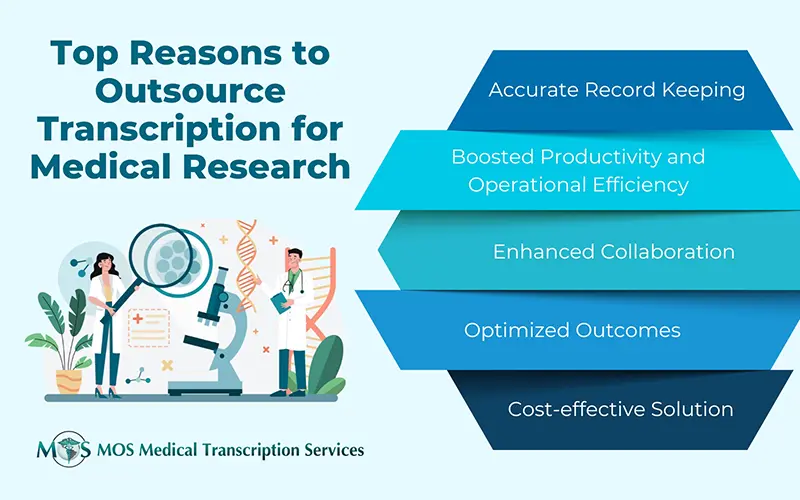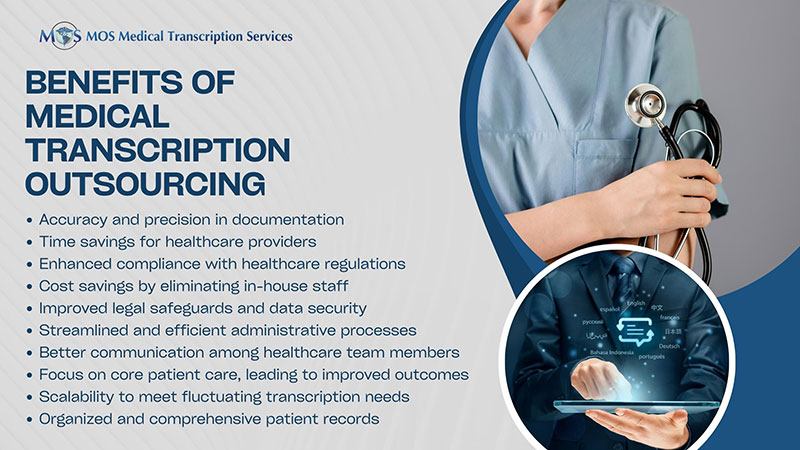 Outsourcing medical transcription helps busy physicians get error-free documents of dictated notes and other records in quick turnaround time. They can focus on their core tasks without concerns about their EHR documentation being incomplete or inaccurate. A new study says that the more time physicians spend talking to their patient, the lower the risks of high-cost incidents.
Outsourcing medical transcription helps busy physicians get error-free documents of dictated notes and other records in quick turnaround time. They can focus on their core tasks without concerns about their EHR documentation being incomplete or inaccurate. A new study says that the more time physicians spend talking to their patient, the lower the risks of high-cost incidents.
In his article published in the New England Journal of Medicine, Senior Fellow Robert S. Kaplan, the Marvin Bower Professor of Leadership Development, Emeritus, at Harvard Business School, explains that physicians can improve value in health care by talking to patients through procedures beforehand. This will help prevent adverse events that could occur later and reduce recovery costs.
Prof Kaplan and his colleague evaluated the cost of joint-replacement surgery at 30 large orthopedic hospitals across the United States. They found that in some hospitals the practice was to discharge patients to high-cost skilled nursing facilities for their recovery, where they were trained to walk, climb stairs, and get into a car with their new joint. On the other hand, the researchers found that doctors in other hospitals reduced the costs involved in recovery by discussing these skills in a 30- to 60-minute conversation with patients before the surgery. They also got patients to practice these skills before they were discharged. This face-to-face discussion with the physician allowed most patients to be discharged to inexpensive home health recovery.
According to the HBS report on this study that cites from Data Visualization, the benefits of the holistic pre-surgical patient discussion include:
- Shorter inpatient stays
- Fewer complications
- Higher rates of at-home rehab
- Potential savings of more than 10% of the cost for the initial visit
Following Kaplan’s findings, some hospitals switched from the expensive rehab approach to the lower-cost pre-surgical consultations.
The transition to electronic medical records (EMR) has created increased demands on physician time. Physicians need to enter information in the EMR during the patient encounter, which can detract from the quality of care. Medical transcription services have evolved to overcome this problem. Besides entering the problem list, past medical and surgical history, medications, allergies, social and family history, and relevant laboratory and test data, medical transcriptionists provide summaries of pertinent clinic visits, hospitalizations, and relevant past medical history. By ensuring high quality EMR-integrated documentation solutions, medical transcription companies are doing their bit to improve the efficiency of care and the physician–patient interaction.


